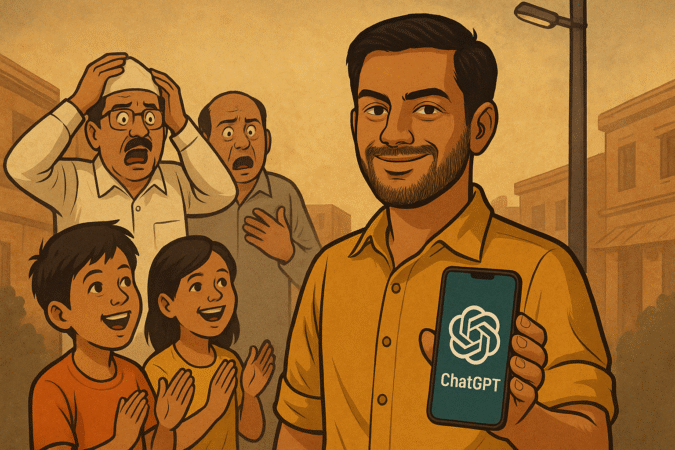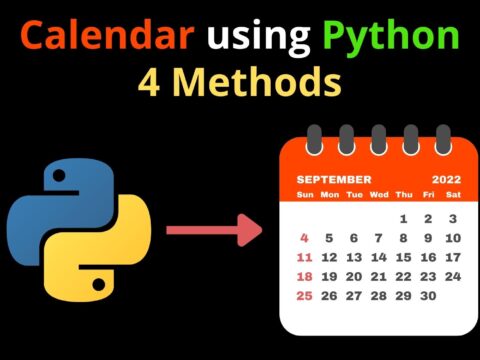
Ravi was just a normal guy from a small town in Uttar Pradesh. He worked in a private IT support company, nothing fancy, and earned enough to keep his home running. He lived in a street that had one big problem. The street was dark. No street light. At night, people were scared to walk. There were incidents of petty theft too. Everyone complained but nobody did anything.
Ravi thought, okay, let’s get the municipality to install a street light.
He wrote applications. He visited the Nagar Nigam office many times. Every time the officials said the same thing, “Haan ho jayega, kal tak wait karo.” But days became weeks and weeks became months.
Then one day, one of the clerks told him quietly:
“Light ka budget toh saal pehle aa gaya tha. Par uska bill already lag chuka hai. Documents me toh light lag chuki hai.”
Meaning, on papers, the street light was already installed. Money also gone. But in real life, the pole wasn’t even purchased.
Ravi felt frustrated. The system looked sealed, rotten, like nobody cared. But he cared. It was his street, his people.
He didn’t know what to do. He wasn’t a lawyer. He wasn’t an activist.
Just a normal guy.
One night, while scrolling Instagram, he saw a reel about someone using AI to draft legal letters. It mentioned ChatGPT.
Ravi opened ChatGPT for the first time in his life.
He typed his problem in broken English and Hindi mixed. Something like:
“Street light missing. Government show installed but not true. What can I do? I have no contacts.”
ChatGPT replied calmly, step by step. It explained RTI Act. It explained how to ask for official records. It even gave him the exact wording to file an RTI:
“Please provide certified copy of installation report, bill, vendor details, work order number, and completion certificate for the street light on XYZ lane…”
Ravi copied that text and submitted the RTI online.
Weeks later, he got documents in his hand. The records said a contractor had taken money and signed completion. But to sign completion, there must be a photo evidence. That photo was missing.
ChatGPT again helped. It told him how to frame a complaint to the Lokayukta and Vigilance Department. Again, it drafted the letter in strong but polite language.
Ravi sent the complaint.
This time, government actually reacted. Because when words are correct and formal, officials cannot ignore.
An inquiry started. Contractor got called for questioning. Officers suddenly began visiting the lane. Within 20 days, a brand new street light pole was installed.
The neighborhood celebrated. People clapped. Some hugged him. Kids said, “Bhaiya hero ban gaye.”
Local newspaper wrote small article: “Young IT Worker Fixes Civic Issue Through RTI.”
But nobody knew the real silent partner.
Ravi smiled to himself and said,
“Hero toh ChatGPT hai. Main toh sirf type hi kiya.”
This was the first time he felt power. Not power of muscle, not power of money.
The power of information.
Moral
AI is not here to replace people.
AI is here to empower ordinary people to stand up, speak correctly, and fix what was broken for years.
Sometimes, the hero is not the one who shouts.
Sometimes, the hero is just a normal man who asks the right question… to the right assistant.



